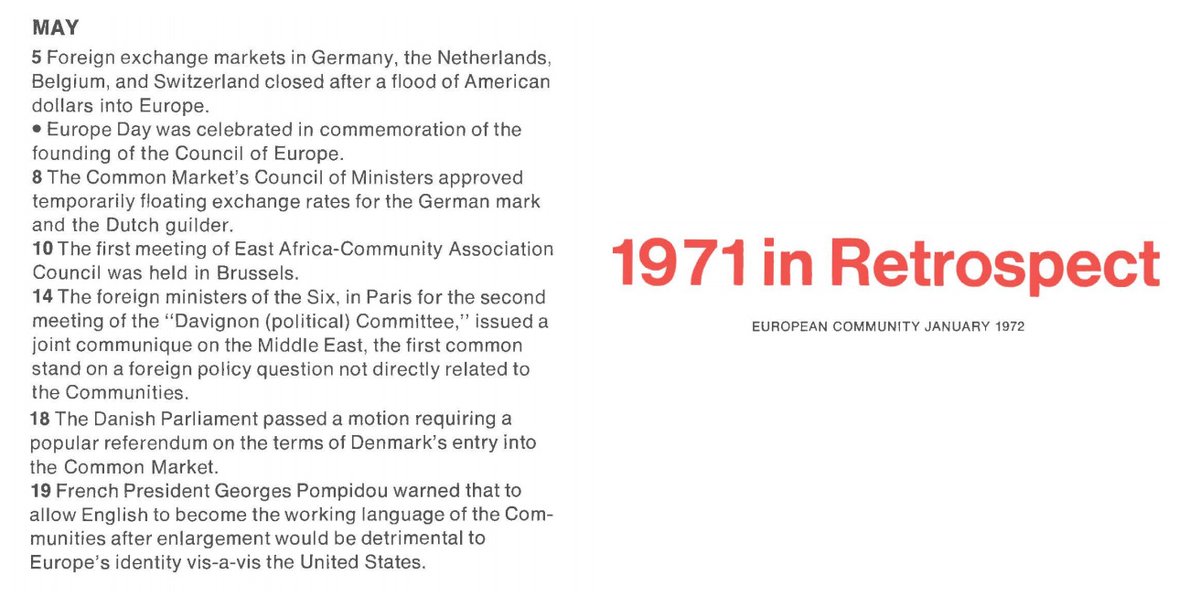
BJ: Michael, I've just been looking over what you said in the referendum about Scotland, and I was wondering if you still believed it?
MG: Boris, I didn't believe it then! I thought we had an understanding. I thought everybody knew I'm the epitome of the deceitful amoral smug little shit.
With the exception of Chris Grayling, I'm the worst person to be anywhere near a government.
I'm a terrible human being.
With the exception of Chris Grayling, I'm the worst person to be anywhere near a government.
I'm a terrible human being.

BJ:OK, well I'm just reading here that the minister in charge said "Scotland should have the strongest devolved powers of any one earth".
So what they put in place should work in our favour, right?
So what they put in place should work in our favour, right?

MG: Yeah, about that...
• • •
Missing some Tweet in this thread? You can try to
force a refresh









